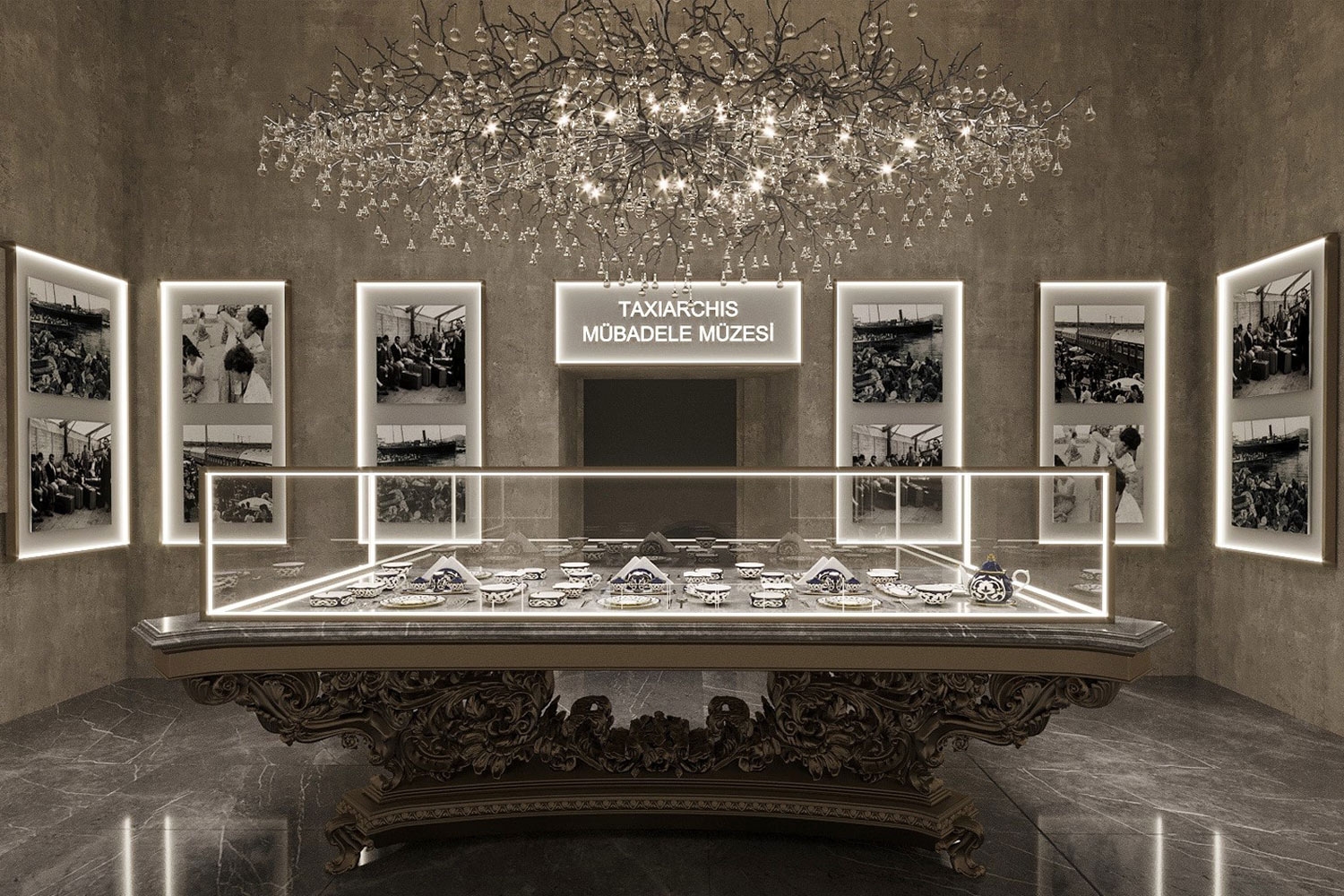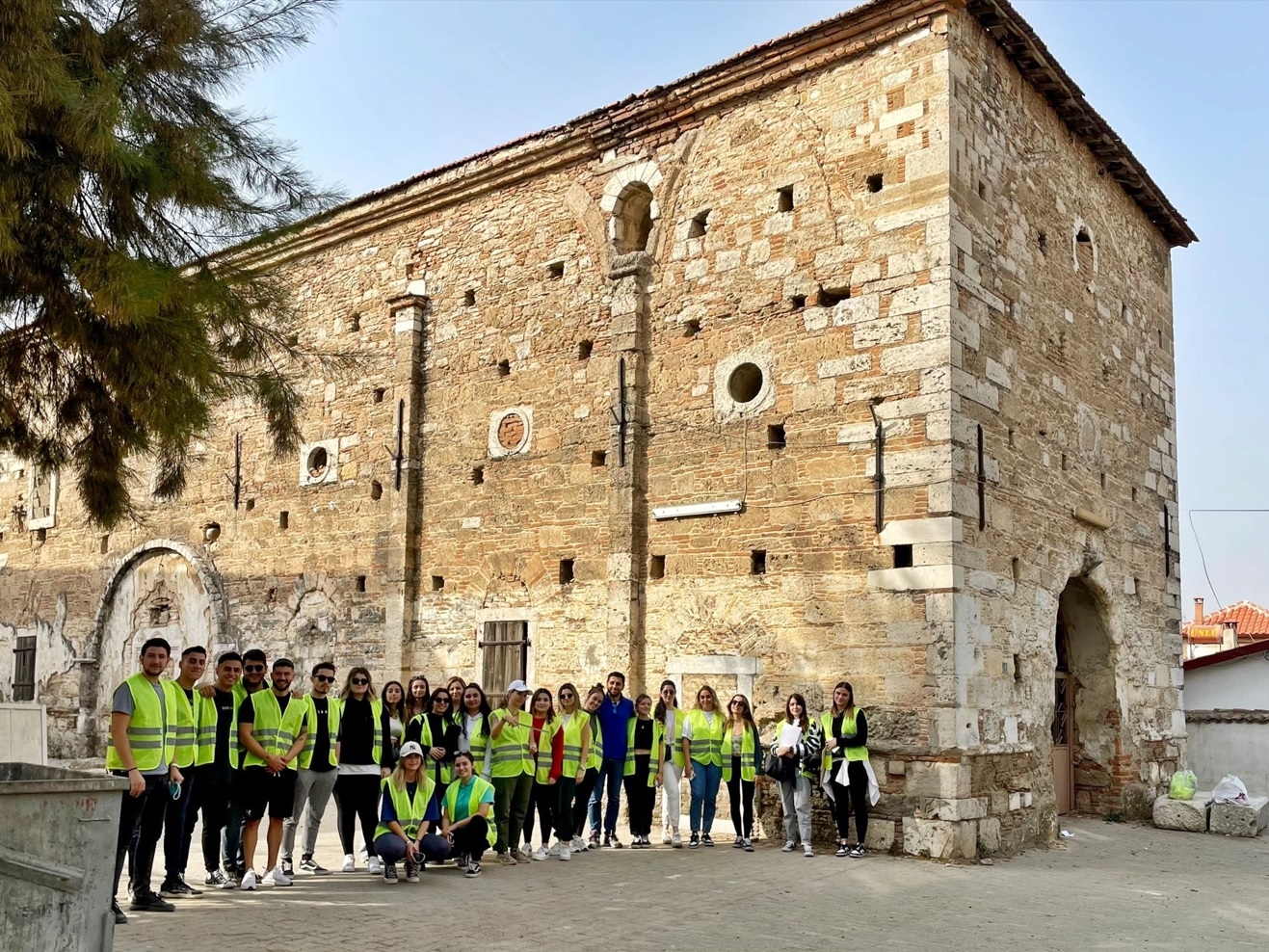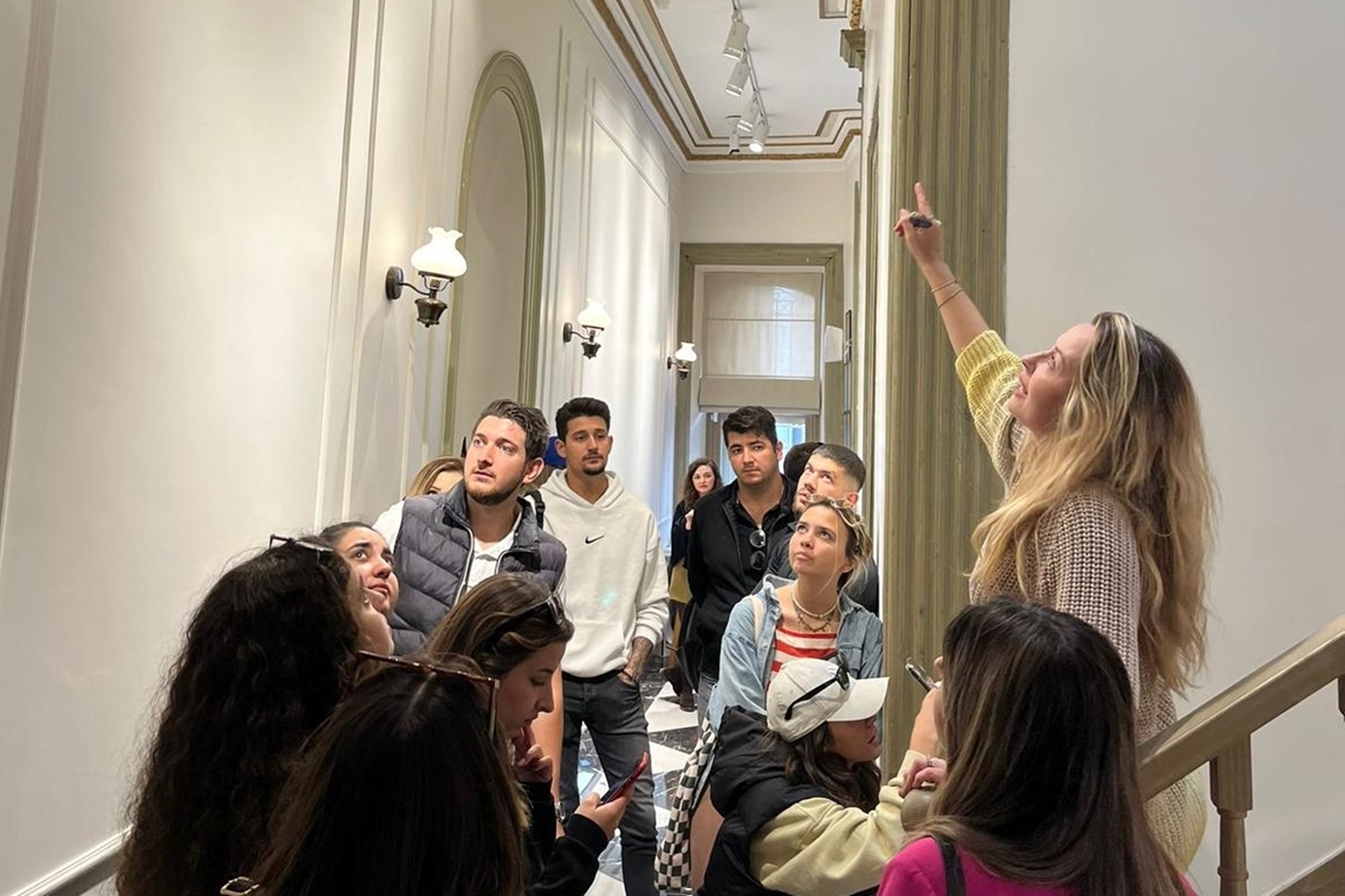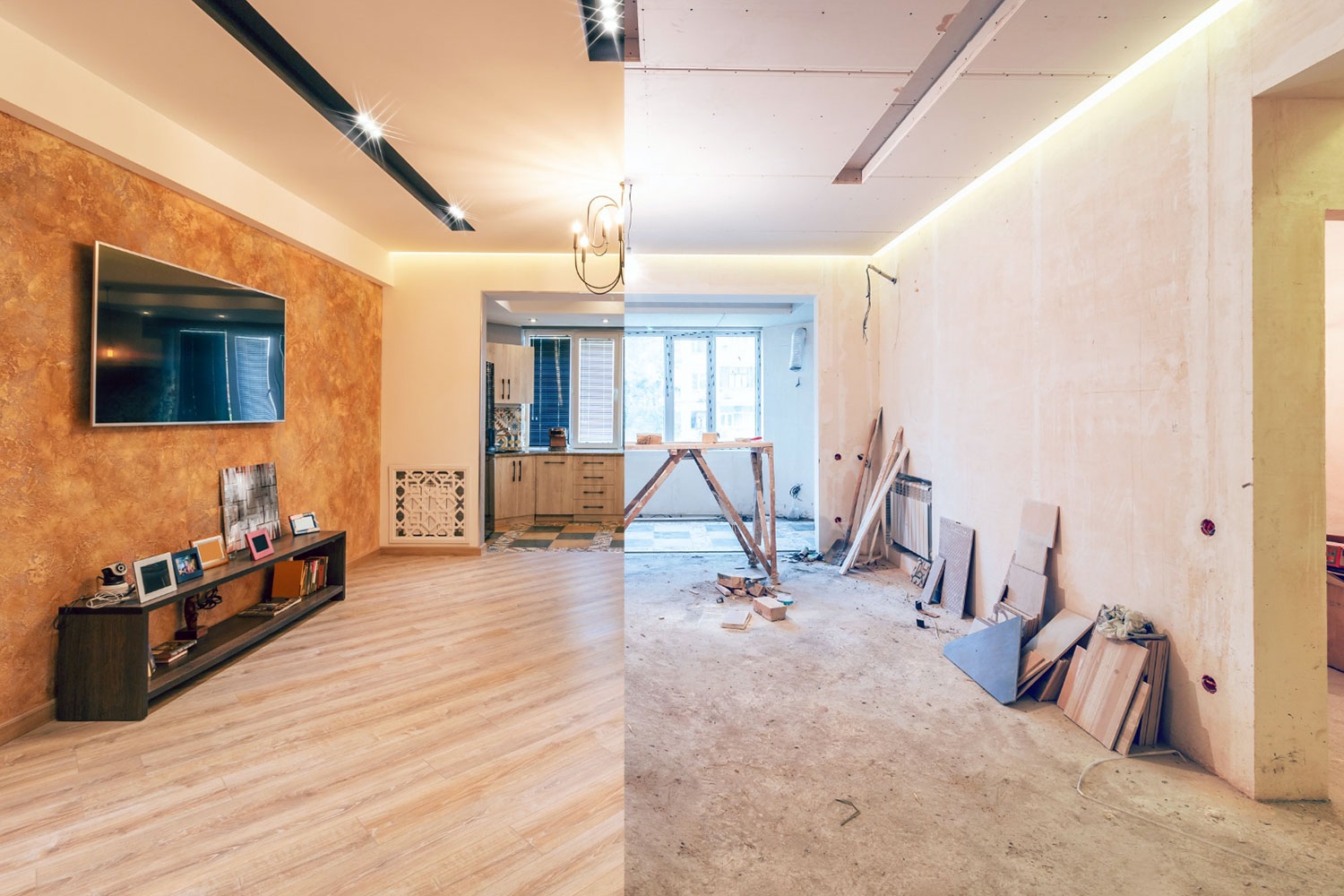
TARKEM'e ziaret etdildi
...

A Project Study is Being Conducted at the Ali Pasha Fountain
...

24 projects for a 160- year- old church
Students of Izmir University of Economics (IUE) Vocational School Architectural Restoration Program took action to make the 160-year-old Taxiarchis Church, ...

Site trip of the Taxiarcihs Church in Aydın
...

Technical Trip to Izmir Punta Region
...

We spent the money on home improvements
People, who do not go out due to the coronavirus unless it is necessary, and who are deprived of the ...




